Hungary's National Protective Service (NVSZ) has launched a video media campaign to discourage gratuity money, with short films appearing on twenty-one national TV channels and social media platforms. The campaign "Gratitude is not money" aims to combat paying gratuities, which used to be a common practice in health care but has been forbidden by law for three years, NVSZ spokeswoman Judit Pap said.
She pointed out that gratuities have not yet disappeared from the doctor-patient relationship, noting that nineteen investigations were initiated last year into bribery and the acceptance of bribery. She stressed that in such cases, not only the doctor accepting the gratuity but also the patient offering the money face punishment.
As an example, she said that in Jasz-Nagykun-Szolnok county, central Hungary, a cardiologist was prosecuted for sixty-seven counts of bribery. The prosecutor general's office in Vas county, western Hungary, opened an investigation against an internist who charged and accepted money for placement in the hospital ward he headed, for administering unscheduled IV medication and for not performing an autopsy.
In Szabolcs-Szatmar-Bereg county, eastern Hungary, an oncologist and his assistant collected money from patients in need of chemotherapy for treatments that are patients are entitled to free of charge, the spokeswoman said.
The NVSZ has no investigative powers, and if their colleagues performing detection duties confirm any suspicion, they will file a complaint with the competent authorities, Judit Pap said.
Half-minute clips in television advertising spots raise awareness among both older and younger generations to the humiliating practice of gratuities and the criminal culpability of bribery, said Katalin Matecsa, head of the corruption prevention department at NVSZ, revealing details of the media campaign.
The short films for older people feature well-known actors, while rappers give advice in the clips for young people. A longer rap version has also been made to draw attention to the phenomenon on social media, she added.
As of January 1, 2021, offering and accepting gratuity payments became a criminal offence. Since then, NVSZ has opened 105 cases against some 250 health workers for taking bribes,
the press release by NVSZ says, highlighting that in addition to raising awareness, their media campaign focuses on prevention and changing people's attitudes.
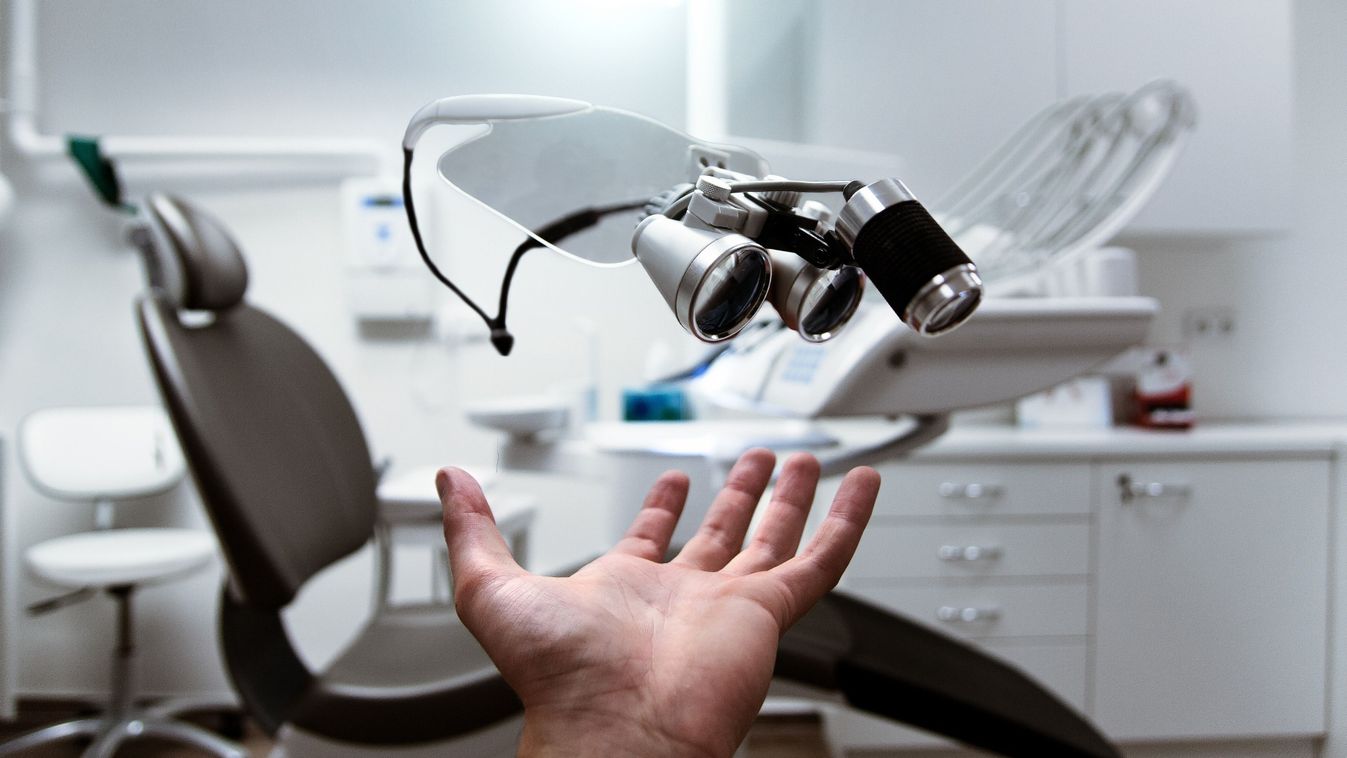
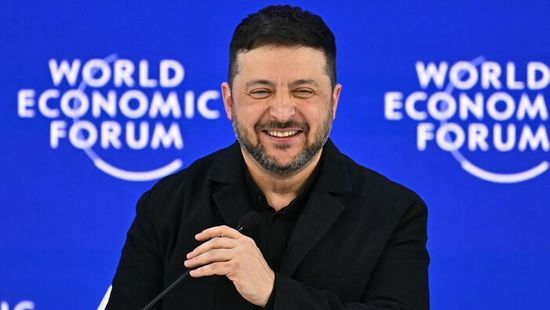
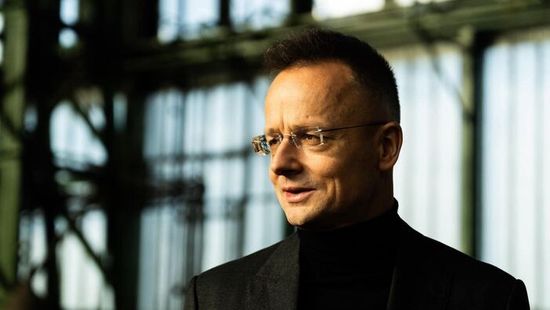
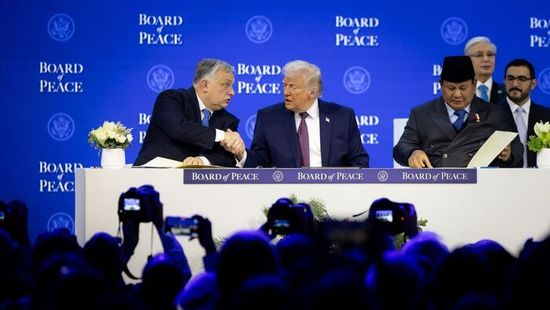


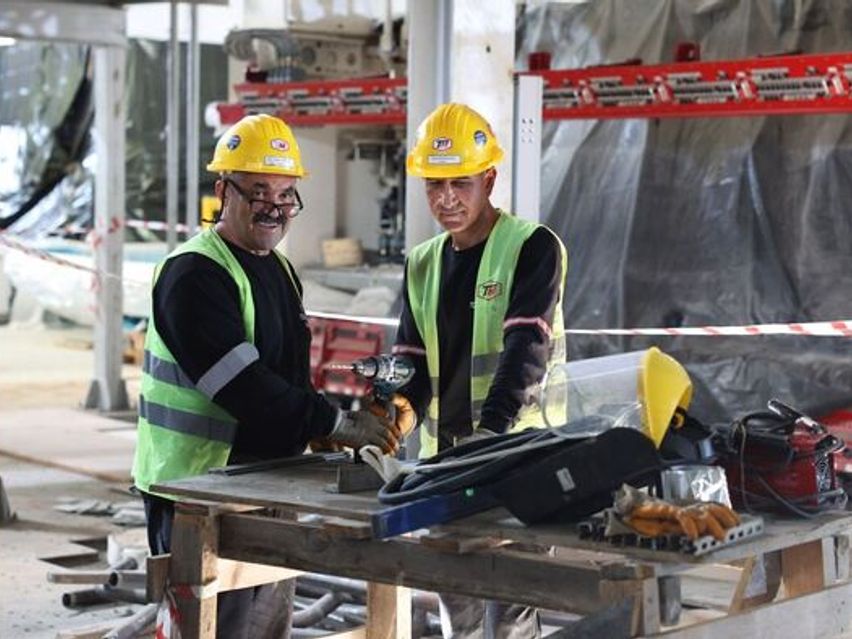
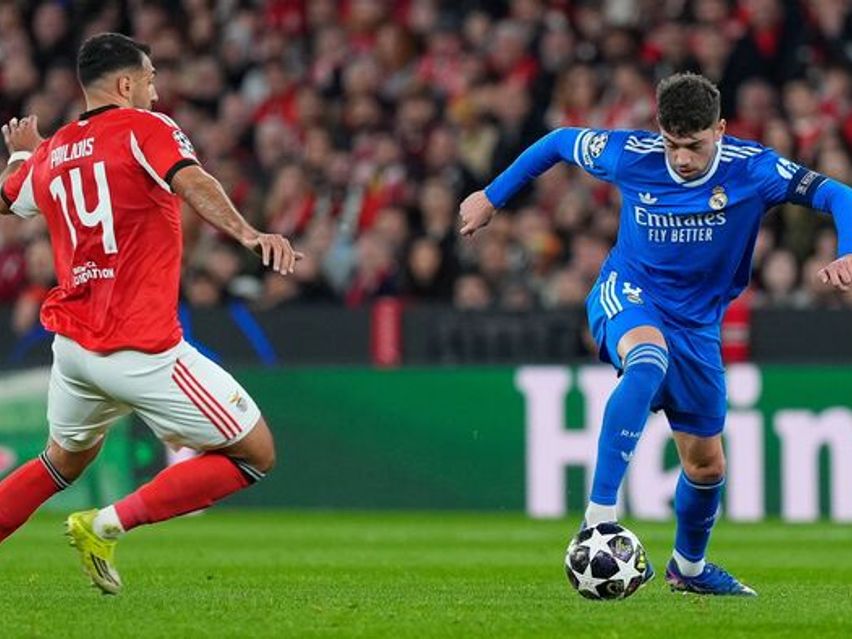
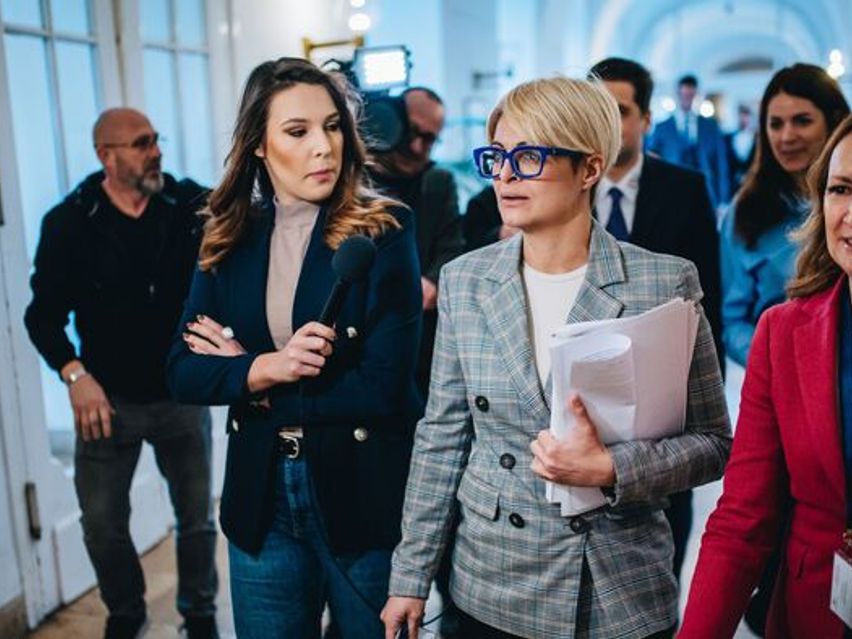


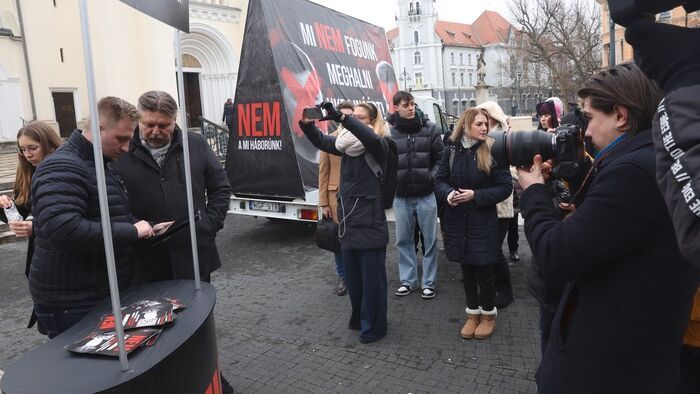
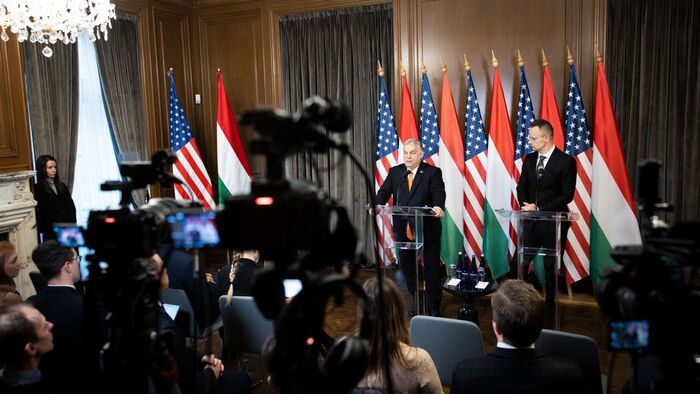
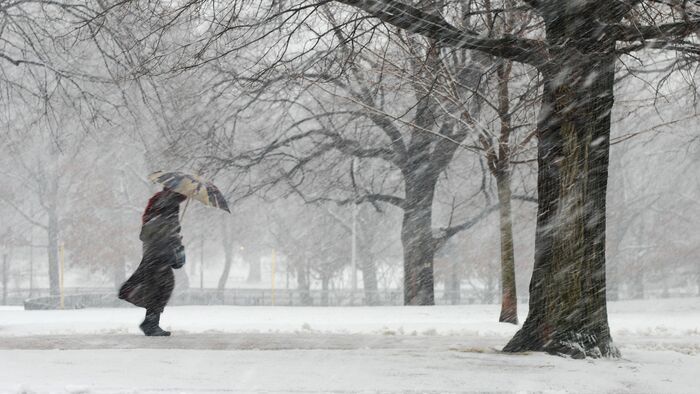

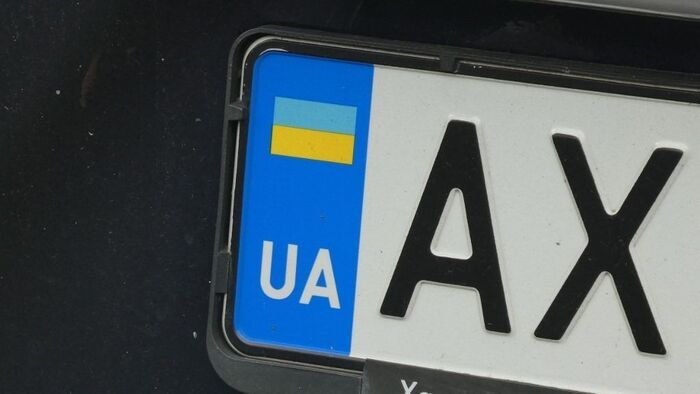
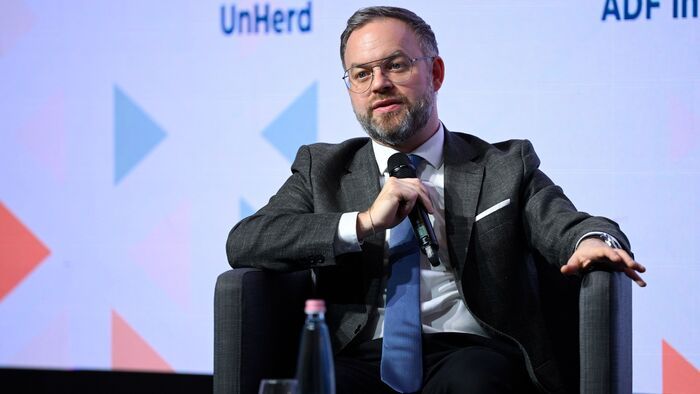
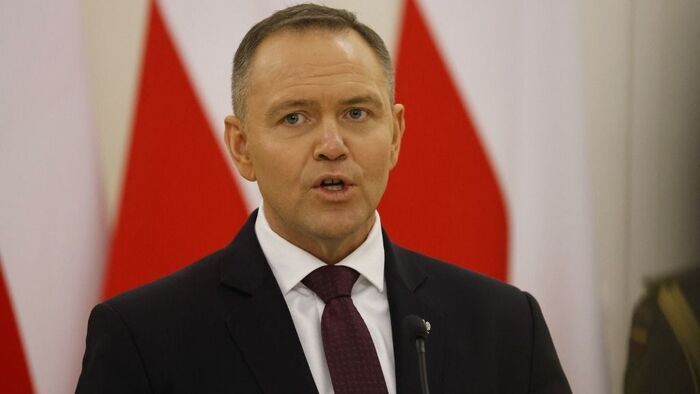
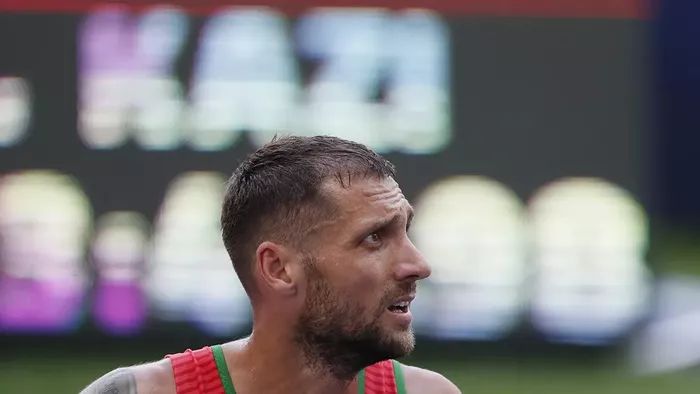



Szóljon hozzá!
Jelenleg csak a hozzászólások egy kis részét látja. Hozzászóláshoz és a további kommentek megtekintéséhez lépjen be, vagy regisztráljon!